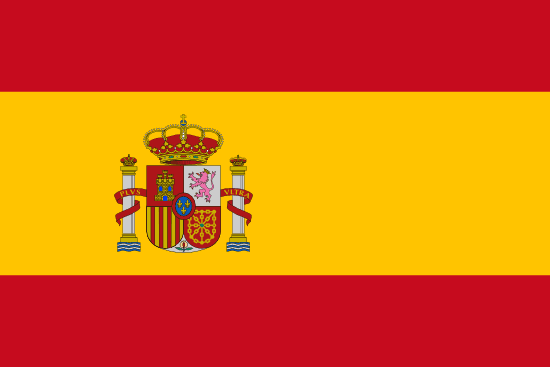"Ibiza, la isla blanca | Ibiza, the white island"
About:
Ibiza, a Spanish island in the Mediterranean Sea, has a rich history dating back to 654 BC when it was founded by Phoenicians. It was later controlled by Romans, Moors, and Catalans. In the 20th century, Ibiza became a hub for tourism and nightlife, particularly known for its association with electronic dance music and its summer club scene. Today, it is recognized as a UNESCO World Heritage Site for its cultural significance and biodiversity.
When to visit:
Ibiza, a popular tourist destination located in the Mediterranean Sea, experiences a Mediterranean climate characterized by hot, dry summers and mild, wet winters. The peak tourist season in Ibiza typically occurs during the summer months of June to August when the island comes alive with vibrant nightlife and beach parties. However, for those seeking a more relaxed experience with pleasant weather and fewer crowds, visiting during the shoulder seasons of spring (April to May) or autumn (September to October) may be more ideal. Additionally, the mild winters in Ibiza make it a suitable destination for those looking to escape colder climates and enjoy a quieter, more authentic experience on the island.
When to avoid:
The worst time to travel to Ibiza for a holiday is during the peak summer months of July and August. These months are characterized by scorching temperatures, overcrowded beaches, and exorbitant prices for accommodation and activities. The island becomes inundated with tourists, leading to long queues, traffic congestion, and a party atmosphere that may not appeal to all travelers seeking a more tranquil experience. For a more enjoyable and peaceful visit, consider traveling to Ibiza during the shoulder seasons of spring or fall when the weather is milder, crowds are thinner, and prices are more reasonable.
"Winter Season (Dec-Feb)"
In Ibiza, the coldest and wettest period is from December to February. Average temperatures drop to 12-15°C during the day, with nights around 8°C. Rainfall is highest in these months, averaging 37-44mm. Sunlight is limited to around 5 hours a day, with frequent cloud cover. An average day for a visitor might start with a brisk morning walk under partly cloudy skies. Afternoon rain showers are common, providing a cozy atmosphere for indoor activities like exploring local museums or enjoying the island's renowned cuisine.
"Summer (June-September)"
In Ibiza, the warmest part of the year is typically between June and September, with July and August being the hottest months. During this period, the average high temperature ranges from 28°C to 30°C (82°F to 86°F). Rainfall is minimal, with July being the driest month, experiencing less than 10mm of rain on average.
The island enjoys around 10-11 hours of sunlight per day, offering plenty of daylight for outdoor activities. Humidity levels are moderate, typically around 60-70%, making the heat more bearable. Cloudiness is relatively low, with clear or partly cloudy skies being the norm.
A typical day for a visitor during this period would feel warm and sunny, with a light sea breeze providing some relief from the heat. Mornings and evenings are cooler, making them ideal for sightseeing or dining outdoors. Afternoons are hot, perfect for beach activities or relaxing by the pool. Despite the heat, the relatively low humidity and frequent breezes keep the climate comfortable.
Language:
In Ibiza, a part of Spain's autonomous community of the Balearic Islands, the primary languages spoken are Spanish and Catalan. Specifically, the local dialect of Catalan spoken there is Ibicenco (Eivissenc). However, due to the island's popularity as a tourist destination, English, German, and Italian are also commonly heard.




